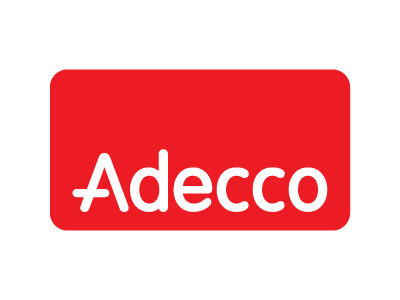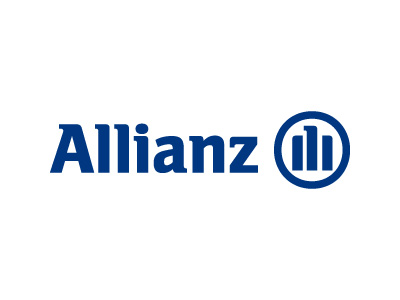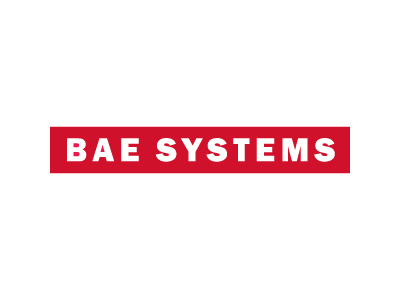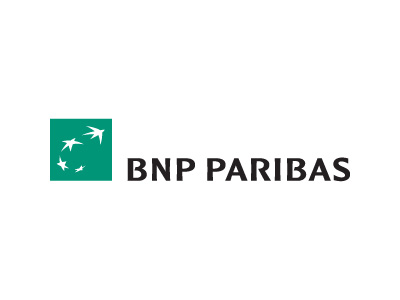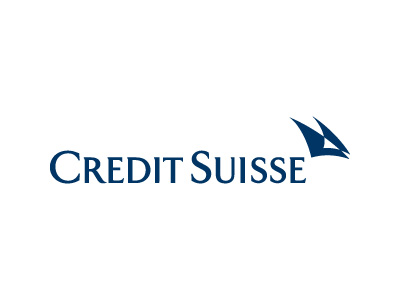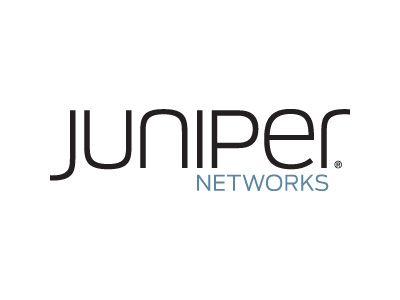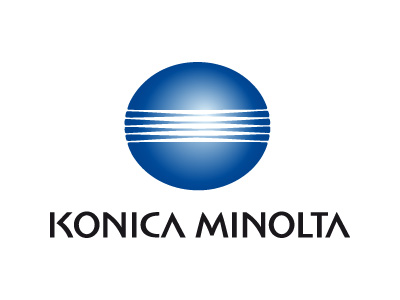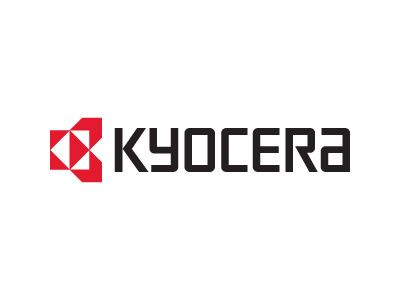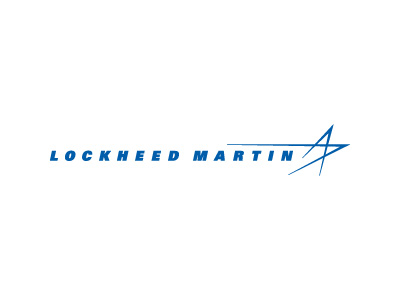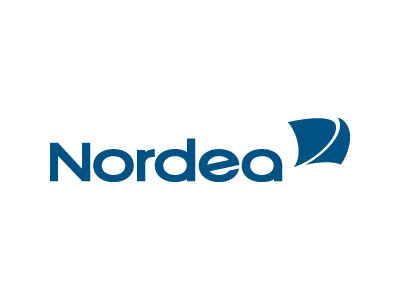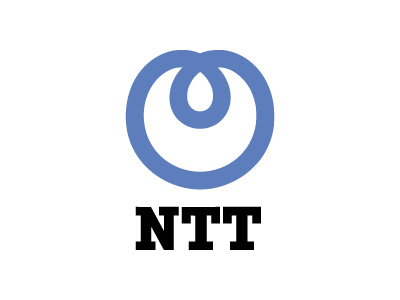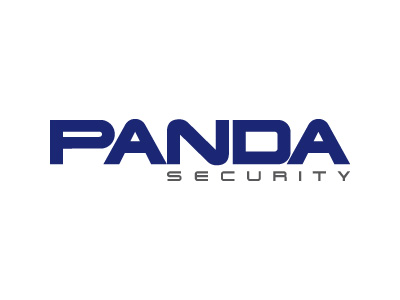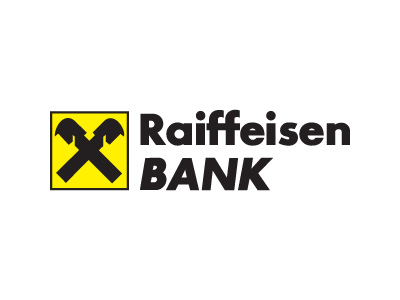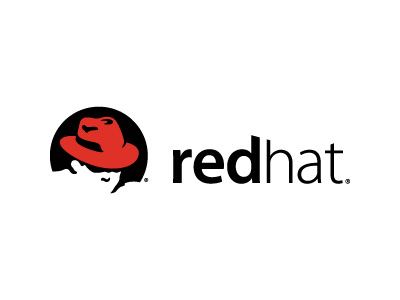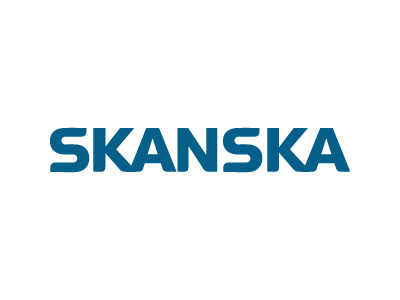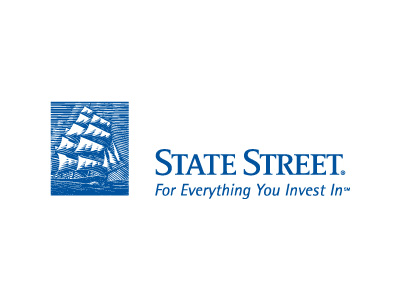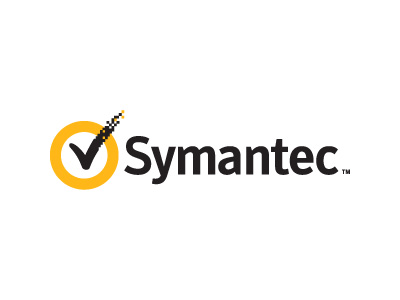
EITCAAcademy
In terms of curricula advancement, the EITCA Academy - as an international IT competencies certification framework can be treated as a postgraduate program. It is less theoretical in its aproach than the academic programmes credentials and more practice oriented in order to be aligned with professional career development. While the European IT Certificaiton framework attests a similar degree of skills comprehensiveness as more formal academic programmes, it holds certain advantages, as more practically oriented, flexible and conducted fully online. The EITCA Academy constitutes a series of topically related EITC Certification programmes, which can be completed separately, corresponding on their own to standards of industrial level professional IT skills attestation. Both EITCA and EITC Certifications constitute an important confirmation of the holder's relevant IT expertise & skills, empowering individuals worldwide by certifying their competencies and supporting their careers. The European IT Certification standard governed by the EITCI Institute since 2008 aims to support digital literacy, disseminate professional IT competencies and counter digital exclusion by supporting people living with disabilities, as well as people of low socio-economic status and the pre-tertiary school youth. This conforms with the guidelines of the Digital Agenda for Europe policy as set out in its pilar of promoting digital literacy, skills and inclusion.
Skills
- Internet
- Security
- Business
- Graphics
- Telework
1000+
CERTIFICATION CURRICULA REFERENCE PROGRAMME-HOURS
100+
EITC AND EITCA ACADEMY CERTIFICATIONS AVAILABLE
1 000 000+
USERS ACQUAINTED WITH THE STANDARD IN 40+ COUNTRIES
50 000 000+
PERSON-HOURS OF ALL ONLINE DIGITAL SKILLS VALIDATION
50 000+
COMMUNITY MEMBERS FROM BOTH THE EU AND ABROAD


EITCIMission
The mission of the EITCI Institute is to support accessing digital skills attestation in various IT application areas as widely as possible, by lowering various skills certification access barriers (including economic ones) and updating the European IT Certification framework curricula.
EITCIEU Funding
EITCI has participated in implementing several European Social Fund and European Regional Development Fund projects, some of which included bridging the infamous digital gender gap by disseminating digital skills certification among women (supporting over 250 thousand women in the EU), enhancing digital education in schools by developing and certifying e-Learning skills among teachers (supporting over 10 thousand school teachers in the EU) or establishing the EITCA/EG e-Governance skills certification framework based on the IDABC/ISA standard for the public administration interoperability systems in the EU (supporting with the relevant certification programs circa 5 thousand public administration officers in the EU).
EITCINot-For-Profit Status
As a not-for-profit certification provider in the European Union, EITCI operates under its statutory and legal requirement that all the income from its certification activities is to be allocated in further development of the European IT Certification framework and towards its dissemination. Due to EITCI non-profit status it is able to provide access to the EITCA Academy programmes with subsidies under the Digital Skills and Jobs Coalition (DSJC) initiative support.
EITCISocial Responsibility
Since 2008 EITCI continuously provides all its certification services with 100% of fees waived to people living with disabilities, to pre-tertiary school students as well as to people living in low socio-economic conditions in a number of underdeveloped countries globally.
MORE DETAILS ON THE EUROPEAN IT CERTIFICATION FRAMEWORK AND THE EUROPEAN IT CERTIFICATION ACADEMY PROGRAMME
01
Certification process organization
There are two kinds of programmes available in the European IT Certification framework:
- Individual EITC programmes of ca. 15 hours curricula, certifying skills in narrowly defined digital scopes (such as e.g. Linux, TensorFlow or PHP),
- Comprehensive EITCA Academy programmes that group several (usually 12) EITC programmes in a specialized domain, such as e.g. Cybersecurity, Artificial Intelligence, Web Development or Computer Graphics.
02
European IT Certifcation in practice
The European IT Certification framework certifies digital skills accordingly with relevant curricula as stipulated on the certification programmes' websites with referencing didactic materials selected to fully cover in terms of didactics required certification curricula for the corresponding examinations. The detailed description of the certification procedure and the services provided under the European IT Certification framework can be found in the How it Works section. The European IT Certification framework is not a training service (a training course) but a service of skills certification. Its purpose is in certifying digital skills accordingly with the corresponding curricula and provision of a formal verifiable attestation of these qualifications with the certificates, which include the individual EITC Certificates and the more comprehensive specialization attesting EITCA Academy Certificates (grouping field relevant individual EITC Certificates). These certificates are issued after successfully passing their corresponding online examination procedures and allow for their validation by third parties in order to support formal documentation of participants' professional digital qualifications. The service is hence in implementing the qualifications certification process in various fields of applied digital technologies.
03
Differentiating characteristics
Important characteristics of the European IT Certification framework differentiating it from other available certification frameworks include:
- Vendor independence and wide expertise coverage in the EITC/EITCA certification curricula
- Permanent nature of all issued certifications (no need for a future recertification)
- No limits on certification examinations retakes at no additional fees
- No time limits to finish any of the EITC/EITCA programmes
- Unlimited access to online expert consultations
- Fully remote online certification procedures
- Digital validation of all issued certificates
- Permanent access to all platforms
- International recognition
04
Self-containment and accessibility
The European IT Certification Academy (EITCA) programmes are so defined that they include foundations and therefore are suitable also for beginners in their respective domains. Each EITCA Academy certification programme along with all its constituent European IT Certification (EITC) programmes' curricula are fully self-contained. Participants do not have to be from technical backgrounds to undertake and complete any of these certification programmes, as the curricula and referenced video and textual didactic materials cover relevant topics from the beginning. All European IT Certification programmes are implemented in English. There are, however, available (for curricula, didactic materials / videos and examinations) comprehensive translations (supported by AI systems) that might be helpful as a reference. The enrolment procedure, as well as the implementation of the European IT Certification programmes is fully online. Both the EITCA and EITC programmes feature self-contained curricula, online implementation, unlimited access to expert consultations, no limits on certification exams retakes at no additional fees, no time-limits to finish the programmes, permanency of issued certificates (no recertification required), digital validation and international recognition, retained access to all platforms after finishing the programmes.
05
Examination procedures
Participants may study the curricula covering comprehensive video and textual didactic materials available fully asynchronously (allowing participants to define their learning schedule freely) and will find the answers to all of the examination questions (each of the EITCA Academy constituent EITC programme ends with a remote online examination, passing of which conditions granting of the corresponding EITC Certificate).
The examinations can be retaken without limits in a number of retakes and without any additional fees charged for retakes. All EITC Certificates can only be issued after achieving a minimum level of 60% at their corresponding examinations and only after successfully passing all EITCA Academy constituent EITC examinations will the participant be entitled to the issuance of the corresponding EITCA Academy Certification. There are no limits in examination retakes (at no additional charges) as well as no time limits of any kind to finish the programmes, so the participants can take their time and examination approaches, to properly prepare for and pass the corresponding examinations. After the participant passes a single EITC examination he/she will be granted a corresponding EITC Certificate, and after obtaining all EITCA Academy constituent EITC Certificates he/she will also be issued the corresponding EITCA Academy Certificate which will attest professional and comprehensive specialization in a corresponding digital field.
Each EITC examination is implemented via an online web browser session and comprises 15 multiple choice questions, each with 4 possible answers (hence in total 60 multiple choice questions' answers in the single examination session) and has a time limitation of 30 minutes. Accordingly to the applicable regulations, the EITC examination passing score is 60% of correctly answered questions out of 15 randomized multiple choice closed examination questions. The individual examination question is only considered as answered correctly, when all its correct answers are marked, while all incorrect answers remain not marked. If, for example, only one correct answer is marked and remaining correct answers are left unmarked, or some other incorrect answers are also marked, then the relevant question is considered as not answered correctly.
In regard to programming and other practical assignments, these do not make a required element of the examination and certification procedure. However EITCI provides for all participants of its certification programmes unlimited online expert consultancies, answering all questions in regard to the certification curricula so that participants can better prepare to undertake relevant certification examinations (such consultations may also include voluntarily undertaken practical assignments).
06
Establishment of the European IT Certification framework
The European IT Certification framework has been established in 2008 as an EU based vendor independent standard in widely accessible, online certification of digital skills and competencies in many areas of professional specializations. It is one of the most recognized digital skills certification standards in the European Union. The European IT Certification Institute (EITCI) governing and accrediting this framework is an international not-for-profit organization acting in a legal form of the Association Without Profit Purpose (ASBL) in accordance with the provisions of the Title III of Belgian Law, granting legal personality to non-profit associations and establishments of public utility. EITCI Institute was founded to support accelerating growth of the information society and counteracting digital exclusion by development and dissemination of the European IT Certification framework, increasing accessibility to IT competencies certification services among individuals in the EU and globally. It has been carrying out its mission for over 15 years and has established one of not many vendor-independent digital skills certification frameworks competing globally and based in the EU.
07
Standards development commitment
EITCI focuses on the development of its certification programmes' curricula, but also contributes to standardization of emerging IT technologies in cooperation with international standards setting organizations and in support of the European Commission's Horizon research and development framework programme. Although EITCI Institute's main purpose is in development and dissemination of the European IT Certification IT skills attestation framework, it is also active in technical standardization and technology certification in emerging IT fields, such as AI applications in domains of critical importance (for example in AI assisted smart energy) or in advanced quantum information and communication technology, supporting further advancement of its AI and cybersecurity competencies certification programmes curricula.
08
Life long learning commitment
Since 2008 the European IT Certification Institute has supported access to educational resources on digital technologies. From engagement in the ESF and ERDF funded projects of open-access educational materials creation and free dissemination, through cooperation with individual experts, publishing didactic materials in an open-access form, EITCI has contributed to a wide scale dissemination of accessible educational materials in digital technologies, some of which are also directly used as referenced didactic materials that cover relevant certification programmes curricula. The European IT Certification curricula are planned, developed, accepted and updated by experts in relevant fields, including both academics and practitioners. EITCI also provides for all participants of its certification programmes unlimited online consultancies by expert staff, answering all questions in regard to the certification curricula so that participants can better prepare to undertake relevant certification exams.
09
Non-profit organization status
EITCI Institute, as a not-for-profit certification provider, contrary to most of the international digital certification standards providers operating mainly in the US and acting for profit, operates under a legal requirement that all the income from its activities must be solely allocated to further development of EITCI certification provision statutory activities. Our main goal is to disseminate the digital skills in various IT application areas as widely as we can, by lowering barriers in access to digital qualifications certification in the EU and worldwide. Due to our not-for-profit engagement we are able to provide access to the EITCA Academy programmes with subsidies under the EITCI DSJC initiative support and since 2008 we continuously provide certification services with all fees waived to people living with disabilities, as well as to people living in low socio-economic conditions in a number of underdeveloped countries globally.
10
Continued support provision
The European IT Certification Institute cooperates on a standard basis with EITCA Academy alumni and the European IT Certification holders after they finish their certification programmes. This includes direct support in digital jobs placements in a network of EITCI partners seeking professionals for employment in various digital specializations. All participants also retain access to the consultancy with experts, who will be available online to further advise on relevant career paths development, professional CV writing and interviewing in areas of particular digital specializations (including dedicated service to support certification holders in building their modern digital CVs, that will stand out from other competing candidates). According to the European IT Certification framework surveying the participants of the programme significantly advance their careers in specializations they have chosen.














































